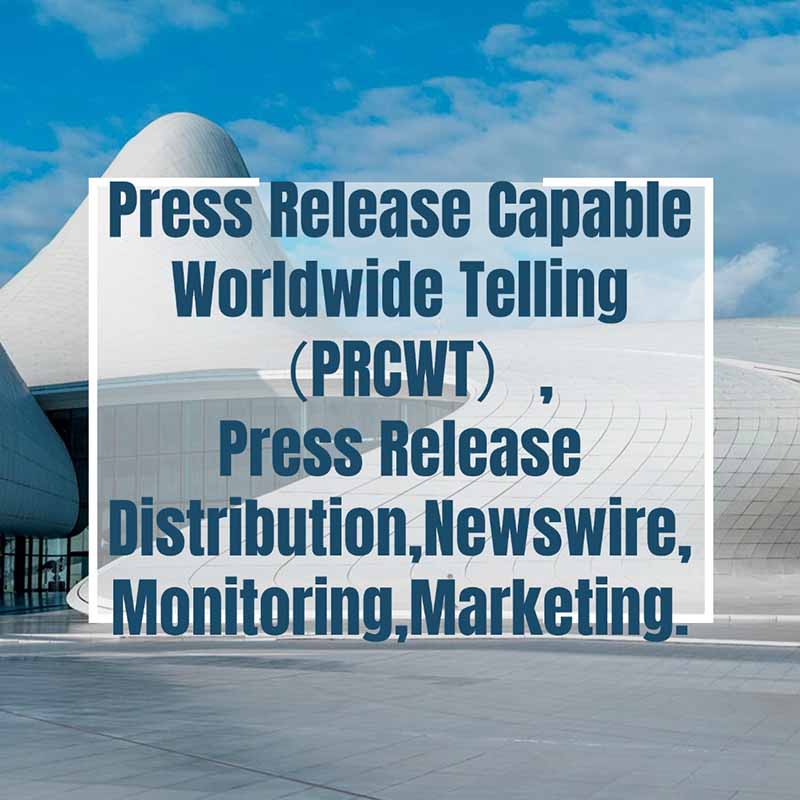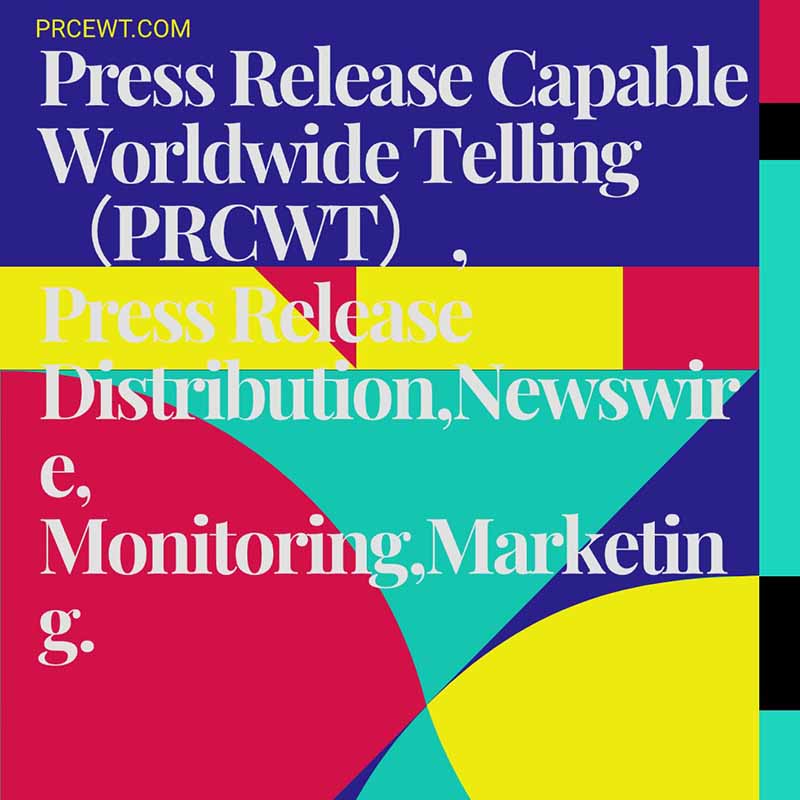In today's rapidly evolving technological landscape, brands are constantly seeking new ways to engage with consumers and stand out in a crowded marketplace. One of the key drivers of success in this digital age is effective marketing strategies that leverage the power of technology.
According to recent industry data, global spending on digital marketing is expected to reach $463.47 billion in 2023, a 17.6% increase from 2022. This growth is being driven by a combination of factors, including the increasing use of mobile devices, the rise of social media, and the growing importance of data-driven marketing.
Brands that are able to effectively utilize these digital channels and technologies are seeing significant benefits in terms of increased brand awareness, customer engagement, and sales. For example, companies that use social media platforms to build relationships with their customers and promote their products and services are experiencing higher levels of customer loyalty and repeat business.
In addition to digital marketing, brands are also focusing on other areas such as artificial intelligence, the Internet of Things, and blockchain technology. These emerging technologies are opening up new opportunities for brands to innovate and deliver unique experiences to their customers.

For example, companies are using artificial intelligence to personalize their marketing messages and recommendations based on customer behavior and preferences. The Internet of Things is enabling brands to connect with their products and customers in real-time, allowing for more efficient supply chain management and better customer service. And blockchain technology is being used to secure and verify transactions, building trust between brands and their customers.
As the technology landscape continues to evolve, it is essential for brands to stay ahead of the curve and embrace new technologies and marketing strategies. By doing so, they can build stronger relationships with their customers, drive growth, and create a sustainable competitive advantage in the marketplace.

At the heart of any successful brand marketing strategy is a deep understanding of the target audience and their needs. Brands that are able to connect with their customers on an emotional level and deliver value are more likely to succeed in the long run.
To achieve this, brands need to invest in research and analytics to gain insights into their customers' behavior, preferences, and pain points. They also need to develop a strong brand identity and messaging that resonates with their target audience.

In addition to digital marketing and emerging technologies, brands are also focusing on other areas such as content marketing, influencer marketing, and event marketing. These strategies are being used to build brand awareness, engage with customers, and drive sales.
For example, companies are using content marketing to create valuable and engaging content that educates and informs their customers. Influencer marketing is enabling brands to partner with social media influencers to promote their products and services to their followers. And event marketing is being used to bring customers together in person and build relationships.
As the marketplace becomes more competitive, it is essential for brands to continuously innovate and evolve their marketing strategies. By doing so, they can stay ahead of the curve and build a loyal customer base.
In conclusion, technology is playing an increasingly important role in brand marketing. By leveraging the power of digital channels, emerging technologies, and other marketing strategies, brands can build stronger relationships with their customers, drive growth, and create a sustainable competitive advantage in the marketplace.